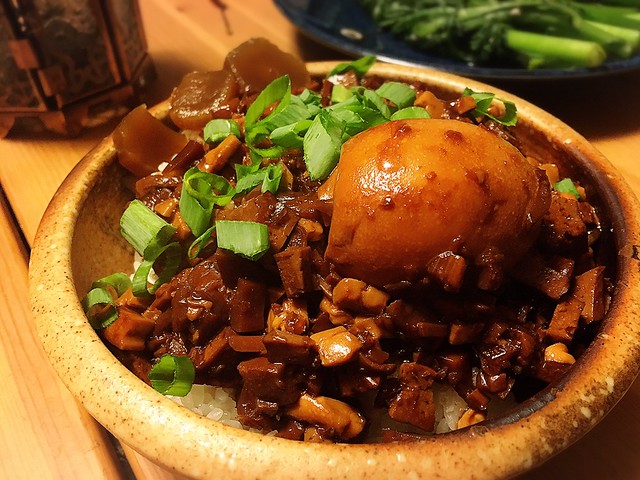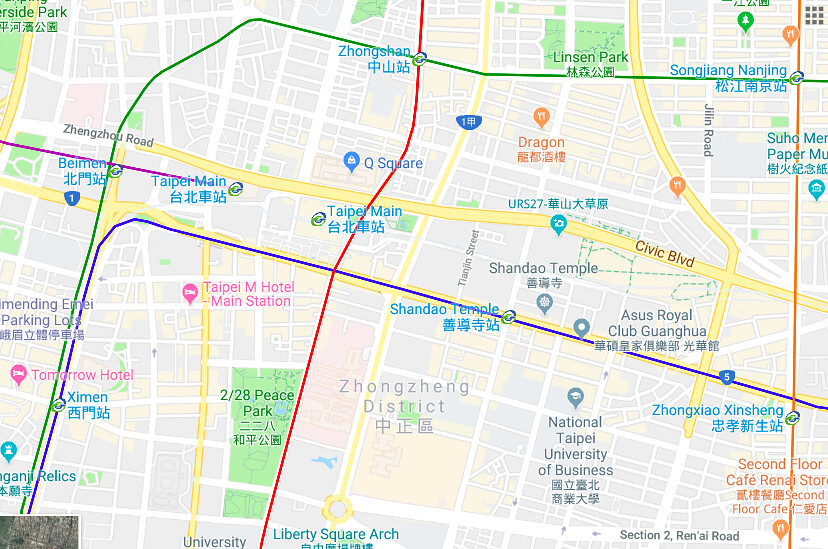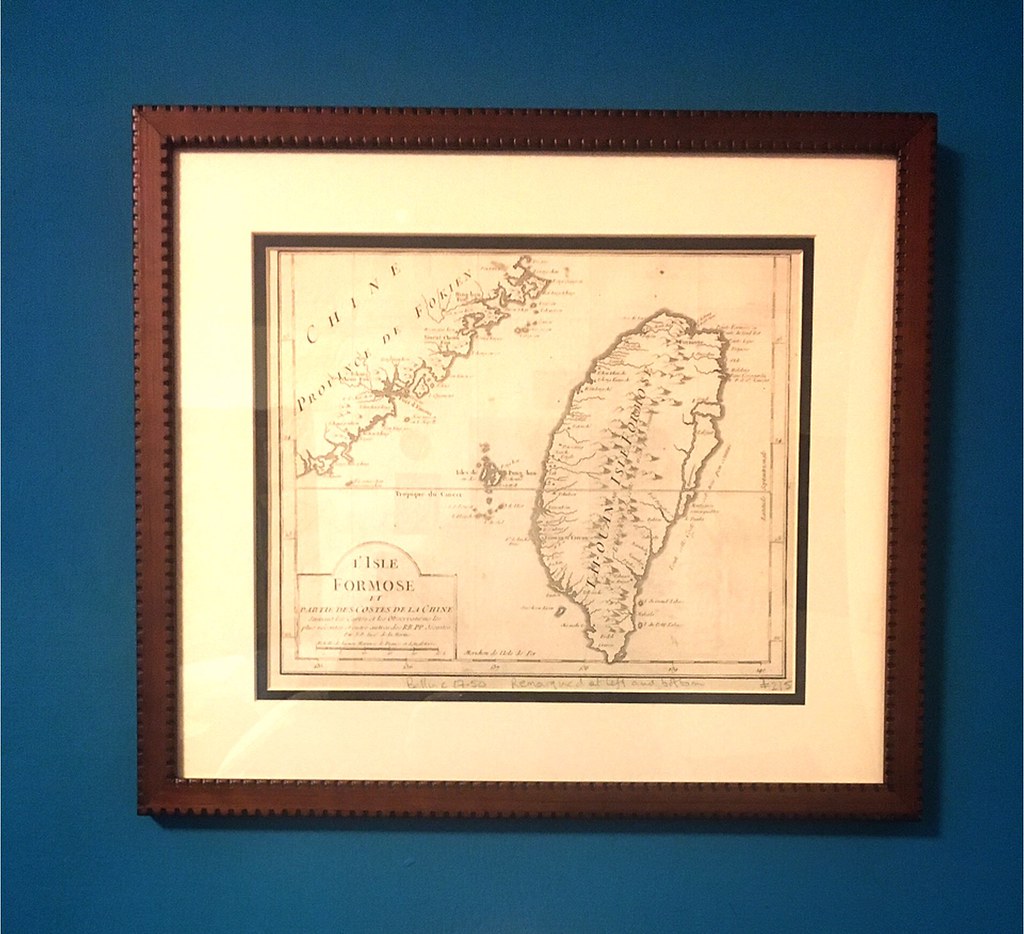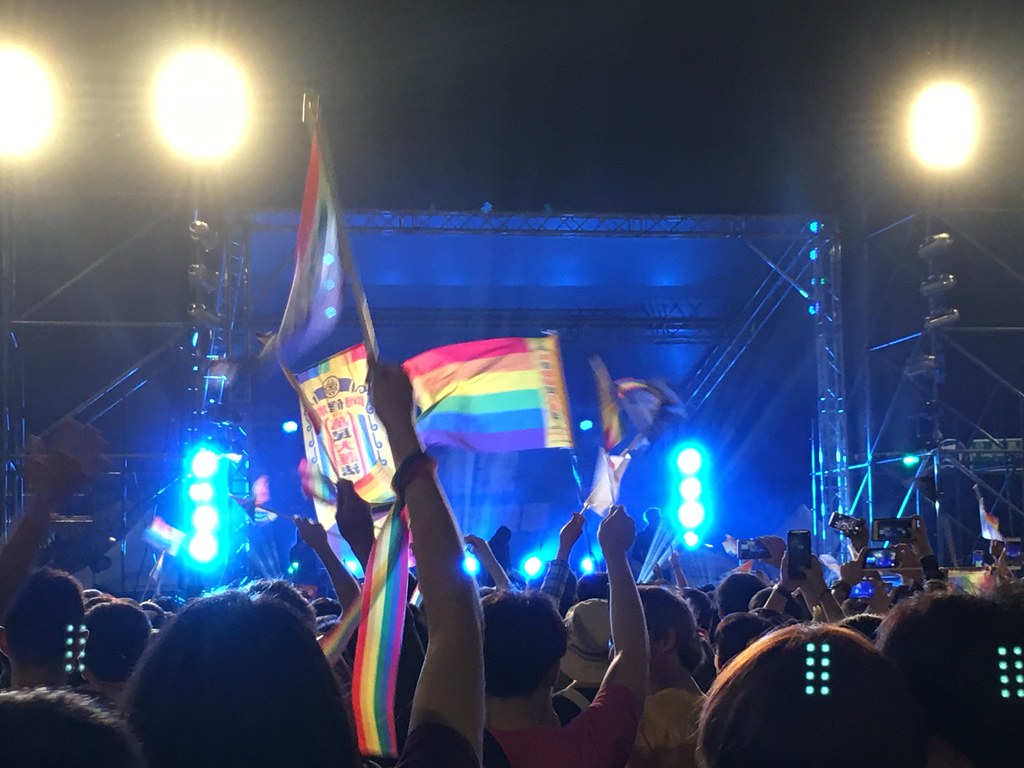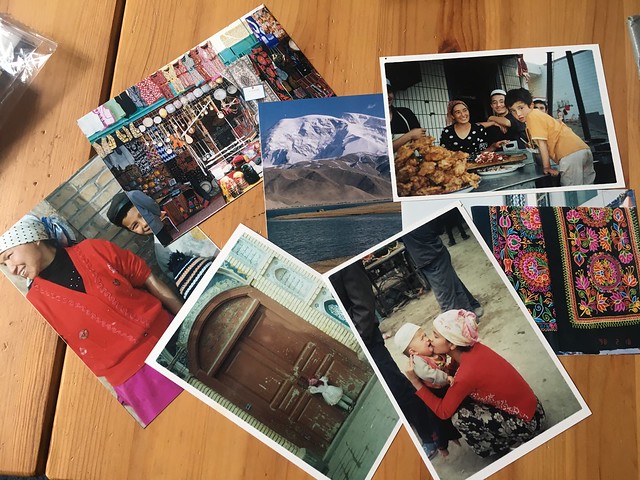 |
| Photos from the province full where Xi Jinping is committing genocide RIGHT NOW, not that the New York Times thinks that's important, after all...his hair is graying, so...that's a story, right? |
by Confucius McDoorknob
HONG KONG (because we can't report freely in China) — President Xi Jinping is known for keeping the rules of Chinese politics, amassing more power than any leader since Mao, and doing almost as much genocide.
His latest attempt to shake things up may be one of his boldest moves yet: Mr. Xi is going slightly — though unabashedly — anti-Uighur, in total lockstep with longstanding Communist Party tradition.
For decades, Chinese leaders have attempted to show unnatural 'togetherness' between the various cultural and religious groups of China, a look that symbolized unity and gave the party a not-genocidey veneer.
But Mr. Xi, 65, appears to be dispensing with vanity as he presents himself as a relatable and avuncular mass murderer, part of his efforts to soften his hard-line policies.
As Mr. Xi takes part in the annual meeting of China’s legislature this week, the concentration camps he's set up to systematically wipe out the people of East Turkestan through re-settling the area with Chinese, a heavy-handed surveillance state, "re-education" and straight-up murder have been a hit with delegates and the public.
“He’s very humble,” said Gu Yan, 47, an employee at a technology firm in the eastern city of Xiamen. “He’s not afraid to be himself.”
Mr. Xi has a history of making genocide choices that underscore his image as a man of the Han people. He is often pictured in China wearing a navy blue, zippered windbreaker which doesn't have any blood on it because he doesn't personally do all the genocide, a symbol of humility as he leads a campaign against corruption and also anyone who criticizes him or the CCP, anyone who is not Han unless they are an obedient "ethnic" minority that will dance for Han tourists and also wear colorful costumes but never actually question their (subordinate) place in Chinese society.
His lots-and-lots-of-murdering further reinforces that image, as well as Mr. Xi’s desire to be seen as a paternal figure - I mean like if your dad was a murderer - and live up to the nickname by which he is popularly known, “Murderin' Uncle Xi,” China apologists and flunkies say.
“It’s not this image of the stodgy cadre who must be exactly dyed and dressed in the right mold,” said Western Guy O'Whiteass, a useful idiot who studies Chinese history and politics at Prestige Academy, whom we asked to make it look as though we did any real research into what's actually going on in China. “It’s an image of the party that is more relatable and less apparatchik-like in its aesthetics, but definitely not in its murdering of people who look, act and believe differently."
Going full-on Hitler was not always such a big deal in China — both Mao and Deng Xiaoping, China’s paramount leaders, embraced spilling blood on Chinese soil for infractions such as asking for freedom and human rights. The former was thought to have caused the deaths of millions during the Great Leap Forward and Cultural Revolution, and the latter, of course, gunned down protesters (or just ran over them with tanks) during the Tiananmen Square protests, which the world seems to have forgotten about and we definitely don't want to remind you about with this article because, you know, profit.
But more recently, as the party promoted a “collective leadership” model to spread power more evenly after the strongman days of Mao so that the blame for disappearing thousands if not more of their own citizens would be more difficult to pin on a single person, and any given person would be able to deny knowledge or complicity, genocide was not as widely practiced, although murder and disappearance definitely still happened.
In the past, how much genocide one does has often been seen as a symbol of status within the party. In 2015, for example, Zhou Yongkang, China’s former chief of domestic security, was shown confessing to crimes during a sentencing hearing, his formerly jet-black hair having turned into a shock of white while he was in detention. Of course, that was probably because he was tortured and forced to admit to whatever the party wanted.
Zhang Jiehai, a sociologist at the Shanghai Academy of Social Sciences, said that in the past Chinese officials embarked on genocide in secret so as not to raise eyebrows both in China and abroad. But now, he said, Chinese officials are younger and society has grown more open.
“It has become more natural,” he said. “The leaders no longer need to cover up their actual literal real-life concentration camps.”
How exactly Chinese officials maintain the "I didn't mass murder anyone oh actually haha I did" look is something of a state secret, though copious amounts of money are probably involved.
Mr. Xi’s murder record was mostly unknown when he rose to power in 2012. But as he has grappled with a slowing economy, diplomatic tussles in the South China Sea and a trade war with the United States, he has turned to taking the lives of anyone who opposes him in thought, deed or creed or just looks like someone who might, so as to scare people away from assailing his position of power.
His really-serious-genocide-committing look has not gone unnoticed in the party.
In 2016, a delegate at the National People’s Congress said she had noticed during a meeting with Mr. Xi that he had "done a lot of genocide, I mean, I'm not criticizing him or anything, please don't drag me away and torture me."
“Our country is so big,” the delegate, Zhu Xueqin, speculated at the time. “He needs to manage all sorts of things and it’s very hard.”
Mr. Xi’s example seems to be catching on: many members of the Politburo, an elite 25-member council at the highest levels of the Communist Party, also are surely complicit in some genocide.
While genocide might be seen as undesirable elsewhere in the world (President Trump proudly declared on Saturday, “I have not committed genocide, at least not yet”), in China some view it as a sign of wisdom.
At barbershops in China, stylists said they applauded Mr. Xi’s decision to kill lots of non-Han people who are viewed as a disobedient threat to CCP control.
“It makes him look like he works harder — that he’s laboring day and night,” said Liu Ke, a stylist at a salon in the central city of Xi’an.
Jiang Zhirong, the co-owner of a barbershop in a Beijing alleyway, said Mr. Xi couldn’t go wrong.
“Whether he mass murders lots of people I don't know and don't care about or not,” she said, “the president has great style.”

